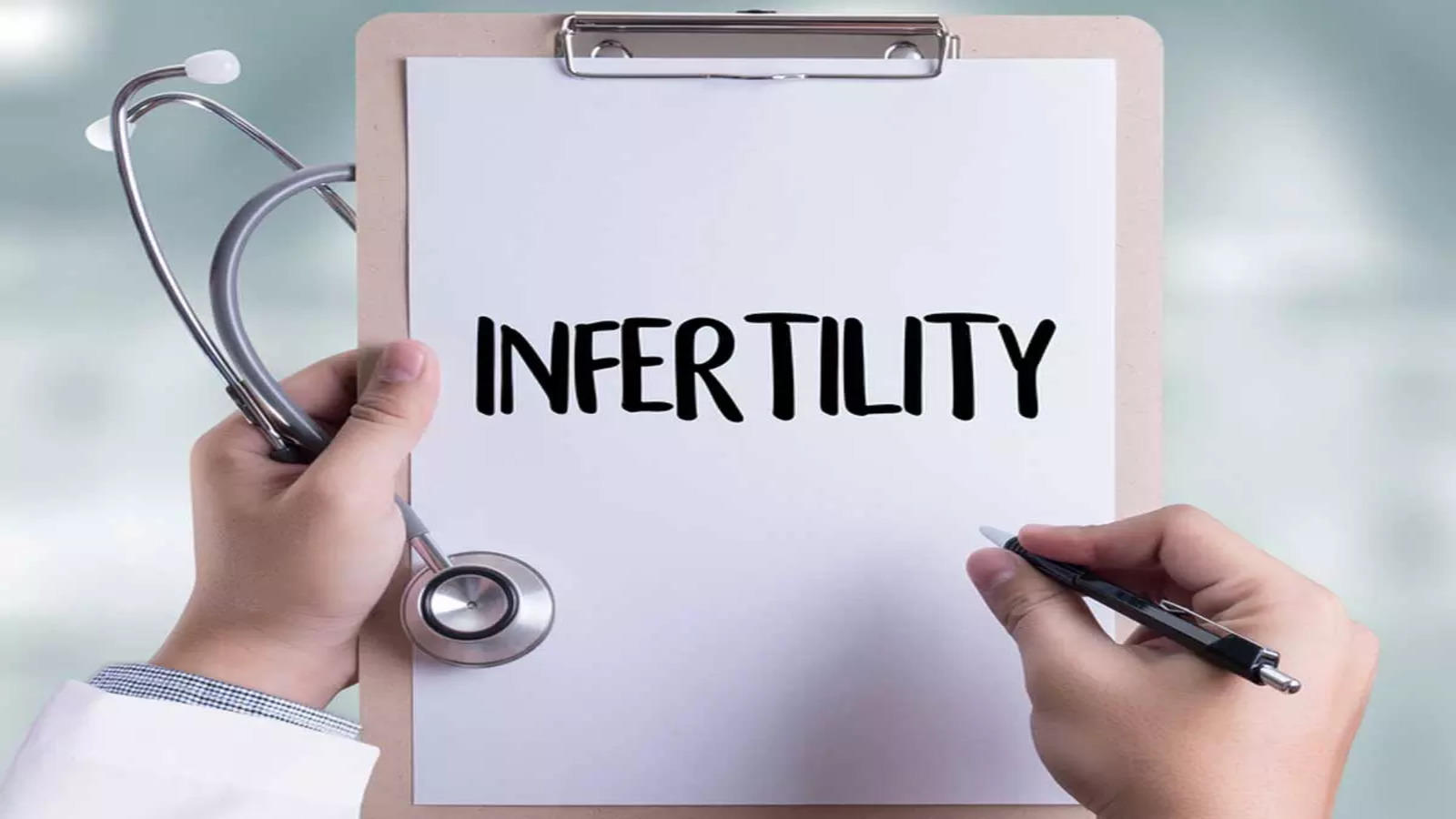Infertility is a major issue affecting many women all over the world. Gynecological disorders are one of the leading causes of infertility. Let’s look at eight such diseases that can significantly affect a woman’s reproductive health and lead to infertility.
1. Polycystic ovarian syndrome (PCOS)
Gynecologists think that polycystic ovarian syndrome, also known as PCOS, is one of the most common gynecological issues that can cause infertility. PCOS is distinguished by the development of several tiny cysts in the ovaries and problems with periods. Women with PCOS frequently experience ovulation issues, making conception more challenging. Moreover, these women may have higher levels of male hormones (androgens), which might impair reproductive function.
2. Endometriosis
Endometriosis is a disorder in which tissues, like the endometrium (the inner layer of the uterus), begin to develop outside the uterus. This can cause ongoing pain, menstrual abnormalities, and reproductive issues. Endometriosis may result in adhesions and scarring in the pelvic organs, making it harder for eggs and sperm to travel and embryos to implant in the uterus.
3. Uterine fibroids
Uterine fibroids are benign formations that develop from the muscular tissue of the uterus. Fibroids can be of different sizes and are located in different parts of the uterus. Some fibroids do not affect fertility, but if they are located in such a way that they block or distort the uterine cavity, this can make it difficult for the embryo to implant and lead to infertility. Additionally, fibroids can cause intense pain and bleeding, which also negatively affects a woman’s overall health. Fortunately, fibroid treatment usually helps women restore their fertility.
4. Asherman syndrome
Asherman syndrome is defined by the development of adhesions and scarring in the uterine cavity, which can occur after surgical procedures such as curettage or cesarean section. These adhesions may interfere with proper embryo implantation and potentially cause miscarriages. Women with Asherman syndrome often experience menstrual abnormalities or no menstrual cycle, making it even more difficult to conceive.
5. Chronic endometritis
Chronic endometritis is an inflammation of the uterine lining that can result from infection, miscarriage, or childbirth. Inflammation may negatively impact the endometrium, preventing it from carrying on implantation or embryo growth. Chronic endometritis symptoms might include ongoing pelvic pain, abnormal vaginal discharge, and irregular menstruation.
6. Tubal infertility
Tubal infertility develops when the fallopian tubes are injured or clogged. This can be caused by a variety of factors, including pelvic inflammatory disease (PID), endometriosis, or past pelvic surgery. Blocked tubes restrict the egg and sperm from interacting, making natural conception impossible. Tubal infertility can be treated surgically or with assisted reproductive technologies like in vitro fertilization (IVF).
7. Ovarian failure
Ovarian failure occurs when the ovaries stop functioning properly before the start of natural menopause. Women with ovarian insufficiency have irregular or missing periods, making it difficult to conceive. This condition can be caused by a variety of reasons, including genetics, autoimmune diseases, and medical treatments like chemotherapy or radiation therapy.
8. Pelvic inflammatory disease (PID)
PID is an infectious illness of the female reproductive organs. They are caused by various pathogens, including bacteria, viruses, and fungi. The most prevalent causes of PID are chlamydia and gonorrhea. Infections like this can cause inflammation and scarring in the fallopian tubes, ovaries, and other pelvic organs, resulting in infertility. PID symptoms may include pelvic pain, fever, and abnormal vaginal discharge.
The bottom line
A woman’s fertility can be greatly impacted by gynecological diseases such as polycystic ovarian syndrome, endometriosis, uterine fibroids, Asherman syndrome, chronic endometritis, tubal infertility, ovarian insufficiency, and pelvic inflammatory disease. Early identification and treatment of these disorders, as well as the promotion and maintenance of a healthy lifestyle, may help women preserve their reproductive function and fulfill their desire to become mothers.
